Developing a Position
Your country position is the intersection of your topic research and country profile. Here, you showcase your country's position on the topic with both direct country action, the country's voting record, and the country's general approach to the issue at hand.
Delegations on the Record at the U.N.
The UN has three main databases which will be helpful to you in developing your position after understanding your country's general position and the topic's major players: The UN Document System, Member States on the Record, and the UN Treaty Database.
The UN Document System tracks the voting record of every member state of the UN. Member States on the Record documents every speech by a member state at the UN and catalogues that information based on topic and interest area. Lastly, the Treaty Database will tell you which treaties each country has signed or ratified. All of these resources give you official signals as to a country's position on the topic at hand.
Determining Policy
Your country's policy is what your country thinks should be done, or not done, about the issue, and how this topic impacts your country. These are details you should include in your position paper under "Country Position."
It's important to understand how a topic impacts your country specifically, as these will provide motivations and justifications for the country's position on what should or should not be done about the issue. In researching country policy, you should also be aware of who your country has worked with on the issue. Perhaps you have a strong alliance with a country experiencing similar outcomes because of the issue, or there is a more economically powerful country helping you abate the impacts of the issue. Additionally, it is essential to consider the feasibility, or practicality, of any policy solutions to the issue with your country’s current (or past) policy and resources in mind. Each element of the S.M.A.R.T. model, found in the Topic Research section, helps determine whether a policy is feasible.
